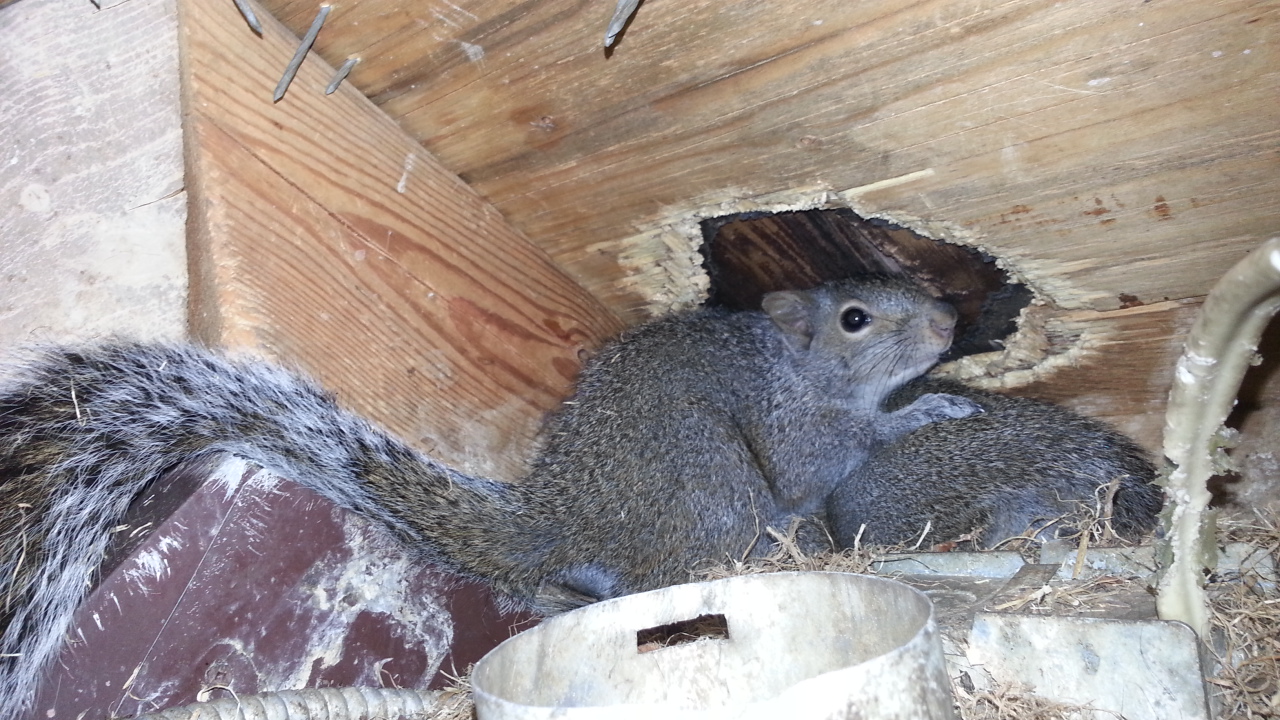Many people associate the colder months with hibernation, which is what some mammals, like bears, do during the winter. However, many species, such as squirrels, remain active during the colder parts of the year. Here are some of the things that rodents such as squirrels are up to when it is cold outside, generally starting around the month of November, according to those involved with squirrel removal in Milwaukee.
Eating
Squirrels spend a lot of the winter eating, which is especially important during the colder months because they need more fat stores to keep warm. Some of the things that squirrels eat during the winter and throughout the year include:
- Nuts, such as pecans, acorns, and walnuts
- Fruits that fall off of trees
- Leaves, flowers, and tree buds
- Cereals and similar items left by humans
- Bugs and small eggs from birds
Squirrels are pretty adept at finding things to eat when there is not much available, which is often the case during the colder months when potential food items are no longer growing on trees and in the ground.
In addition to consuming food, squirrels need to stay hydrated in order to remain healthy. They normally drink water two times per day and will resort to eating snow if fresh water is not available due to the cold temperatures.
Moving Around
A squirrel in winter can often be seen moving around their natural habitat. If the weather is extremely inhospitable, rodents will look for places to take cover, which may include areas in and around your home. Buildings provide a warm place for squirrels to go during the winter, with attics, in particular, being a popular spot for these critters. Be aware that squirrels and other animals can cause damage by being in your house. Some of the damage they may cause include:
- Chewing on electrical wires, which poses a fire hazard
- Leaving behind urine and feces, which pets and small children may come into contact with
- Chewing through walls and other materials, harming the structural integrity of the house
If you notice any of these signs in your home, you may want to do a search for squirrel removal near me and hire a professional to help you get rid of them safely and humanely.
Increasing Their Fat Reserves
If you are wondering how squirrels survive winter, one answer is that they replenish their fat reserves in the colder months. Foods such as nuts that are popular with squirrels contain high amounts of fat, which is helpful for squirrels who are trying to increase the stores of fat in their bodies. Having fat reserves not only helps keep these creatures warm but prepares them to potentially go a day or two with little to no food, which is something that can happen during the winter.
Not Hibernating
Squirrels are more likely to be mating during cold months than they are to be hibernating. Squirrels generally mate in or around the month of February and then have their babies around March. They may then mate again in the springtime, but do not be surprised to see squirrel babies arrive in the late winter or early spring.
If you experience a problem with squirrels this winter, contact the professionals at Skedaddle Humane Wildlife Control and ask about our assess and remove service. The assessment part of this service allows us to see where and why you have a rodent problem in the first place. For example, we may look for cracks in the walls where squirrels could slip through. Then, we humanely remove all squirrels along with any debris that they left in their wake, such as waste products and nests.




